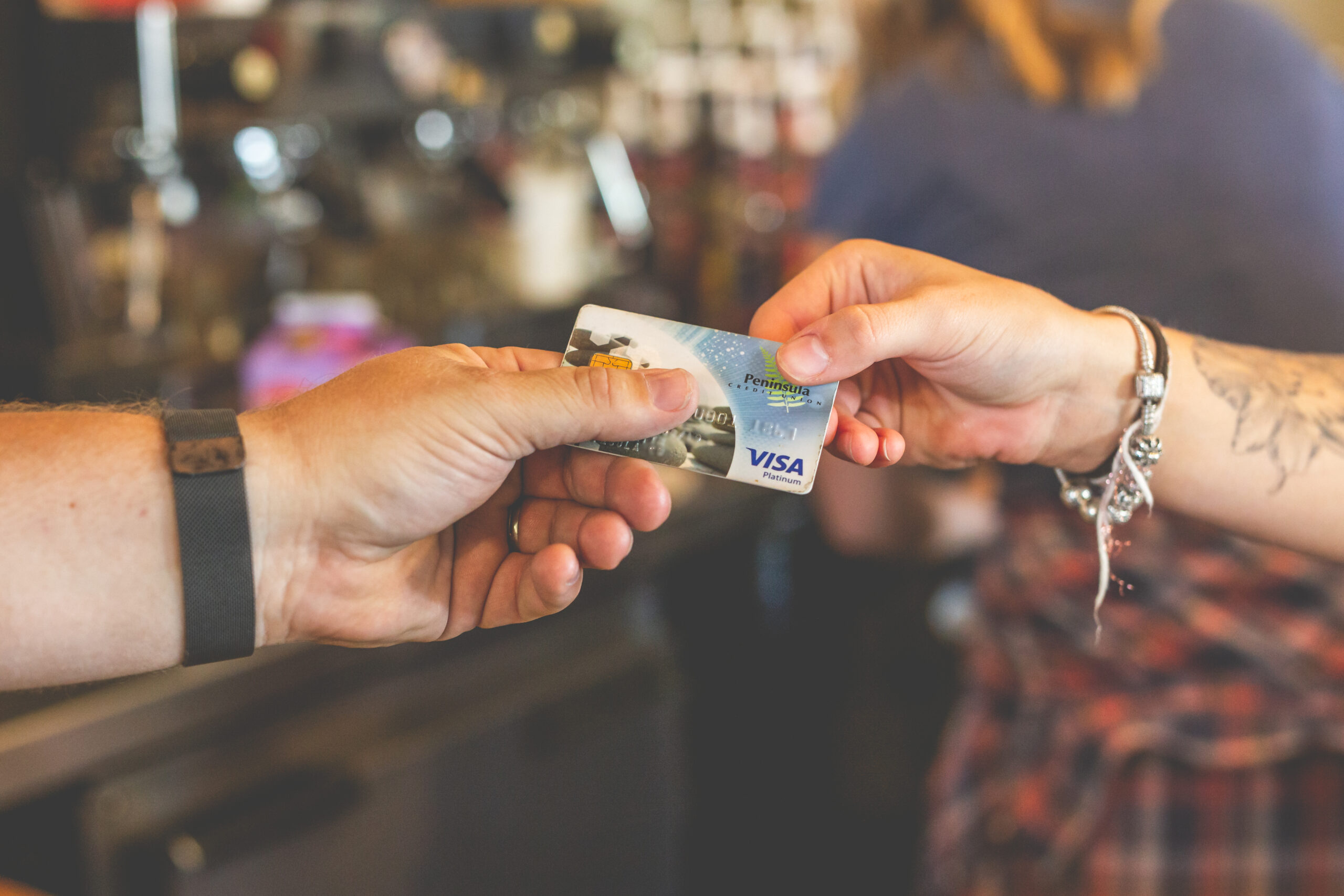In the modern world, many people hold a credit card. Reportedly, 7 in 10 American’s have at least one credit card and there are over 364 million open credit card accounts in the U.S.
The reach and popularity of credit cards have made it a major target of fraudsters out there. Many fraud schemes target credit cards, such as skimming (copying the credit card details electronically and duplicating the card), card theft, identity theft, phishing, vishing (voice phishing), card not present fraud, etc.
Here are some ways you can protect yourself from these credit card scams:
Types of Credit Card Frauds
As mentioned earlier, there are some credit card frauds of which you should be aware. The most “straightforward” of them all is the card theft. When you order a new card upon the expiry of your existing one, someone may steal the new card from your mailbox. Similarly, if you lose your card, an unscrupulous person may get his hands on it and may take advantage of your credit.
Card ID theft happens when the fraudster comes to know the details of your card and tries to use those details to charge it.
Phishing is a scheme by which the scammer takes credit card details from unsuspecting customers. It’s an online system wherein the perpetrator, posing as a legitimate entity, captures your credit card number, expiry date, and CVV number.
Vishing (voice phishing) is similar, but here someone pretending to be from the bank or the credit card company calls you to get more information about your card.
Card not present (CNP) fraud happens when the perpetrator uses your CVV number to pretend he is in possession of your card. Merchants use the CVV number when you make online purchases to verify that you are in possession of your card. This verification is not required for in-store purchases.
But if the fraudster somehow finds out your credit card number and expiration date, he can try to find the three-digit CVV number by trying various number combinations; he may have to try 1,000 different combinations before he succeeds.
Credit card skimming is a fraud scheme in which a modified POS machine is used to capture your card details. The details are then used to create a duplicate card that can be used to charge your card. The fraudster who wants to withdraw money using your card may even install a spy camera in an ATM to capture your PIN.
Protecting Yourself From Fraud Schemes
Do not be afraid of these schemes. If you are careful enough, nothing will happen to your credit. There are a few precautions that you can take to protect yourself from the fraudsters. Here are some of them.
1. Never Share Your Credit Card Details
Genuine agents from banks or credit card companies will never call you and ask you for the credit card number, expiration date, or CVV number as part of any verification process. You should know this information well and never divulge it to anyone online or offline.
Always ensure that you type in your bank URL on the address bar of your browser, rather than clicking a link on a mail you receive. Phishing perpetrators usually set up a website that looks similar to your bank’s website to fool you into giving your credit card details.
You should look at the address bar and ensure that the browser verifies the site’s security certificate. In Chrome, it should say “Secure” with a green padlock in the address bar. Without ensuring the authenticity of the site, do not put in your credit card details.
2. Keep Checking Your Account
Rather than checking your monthly statement for any anomalies, you should keep checking your credit card account online once in a week and ensure there are no unusual transactions. Small charges also shouldn’t escape your scrutiny. Small charges on your account may well be an indicator that someone is trying to test your CVV number. Be vigilant and ensure you inform your bank about any unusual charge you find.
3. Never Let Your Card Go out of Your Sight
When you are giving your card for payment, ensure that it is still in sight. Do not give your PIN to anyone; rather, insist on typing your PIN yourself on the POS machine. It may be difficult for you to check whether the POS device used by the merchant is genuine or can skim your card. But if you think anything unusual is happening, take your card back.
4. Check Your Credit Report
You are entitled to a free credit report every year from Equifax, TransUnion, and Experian through AnnualCreditReport.com. You can use this to verify if your identity has been used by someone else to make transactions.
The credit report will give you detailed evidence of any fraudulent activities in your name. To protect yourself better, you can initiate a fraud alert with your credit bureau, so that the banks or creditors are informed every time a credit request comes in your name. You need to initiate the fraud alert with only one of the agencies; the other two will receive automatic notifications.
5. Check Where You Swipe Your Card
There are many skimming methods to steal your card information; some attach a skimming device inconspicuously to the ATM. Gas stations, department stores, etc., also may have compromised POS machines with the skimmer placed on them.
Usually, the skimmer on a POS machine can be detected if you look carefully for any unusual projecting parts. There are also some YouTube videos that can help you identify a skimmer at any POS.
You might say it pays to be paranoid in today’s world full of crooks and thieves. In case of credit cards, the main issue is their prevalence. Almost 72% of people have them, but only a fraction understand the technology and its vulnerabilities. If you are more careful with your credit card, you can avoid scams easily.

Community Financial Educator
800.426.1601 x3184
[email protected]
pcfcu.balancepro.org


